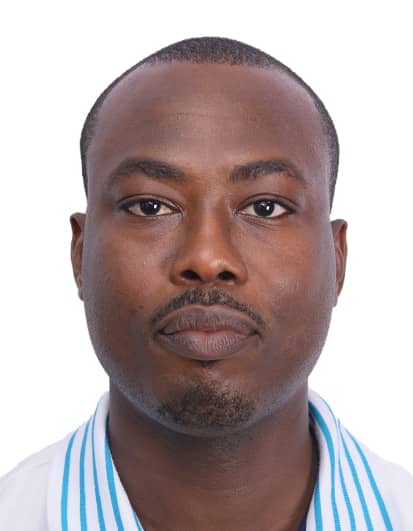Meet the MESA Correspondents that will cover the Keystone Symposia 2022 “Malaria: Confronting Challenges from Drug Discovery to Treatment”
The MESA Correspondent volunteers report on the latest in malaria research from conferences around the world. The synopses are shared online, enabling people who could not attend the meeting to read about the latest advances. The MESA Correspondents Program is a collaboration between MESA and the conference organizers.
Patricia Doumbe Belisse, Nutpakal Ketprasit and Samuel Blankson will cover the science and discussions from the Keystone Symposia “Malaria: Confronting Challenges from Drug Discovery to Treatment” which will take place Inperson and online on April 10 – 13, 2022. Summaries will be posted online on the MESA Correspondent page.
Patricia Doumbe Belisse is a trainee serving as a research assistant at OCEAC, a research Institute of the Central African Region based in Yaoundé, Cameroon. She will defend her PhD dissertation at University of Yaoundé I in the next couple of months and she is very much looking forward to furthering her career as a medical entomologist. She is also looking for opportunities to build her capacity in mosquito and parasite genomics and malaria drug resistance. Being a MESA correspondent at Keystone Symposia is a great opportunity to learn about the latest research on malaria drug resistance and discovery.

Nutpakal Ketprasit is a PhD candidate at the Tilley Laboratory, Department of Biochemistry and Pharmacology, Bio21 Molecular Science and Biotechnology Institute, The University of Melbourne. It is my honour and responsibility to collaborate with MESA alliance. As a MESA correspondent, I’m covering the Keystone Malaria Symposium 2022 and sharing current knowledge with malaria research community. In addition, this allows me to explore advanced malaria work that is relevant to my current study.

Samuel Blankson is a 2nd year PhD student in Cell Biology at Université Paris Cité, France and affiliated with the West African Centre for Cell Biology of Infectious Pathogens (WACCBIP), University of Ghana. He is currently working on Pathogenesis of Cerebral malaria with a focus on identifying the differential expression and potential role of miRNAs contained in microvesicles originating from Plasmodium falciparum-infected erythrocytes. I am excited to be a MESA correspondent for this year’s Keystone symposia on malaria that will not only provide me with an opportunity to enhance my knowledge of current scientific discoveries but will also give me a chance to communicate it effectively to others.
